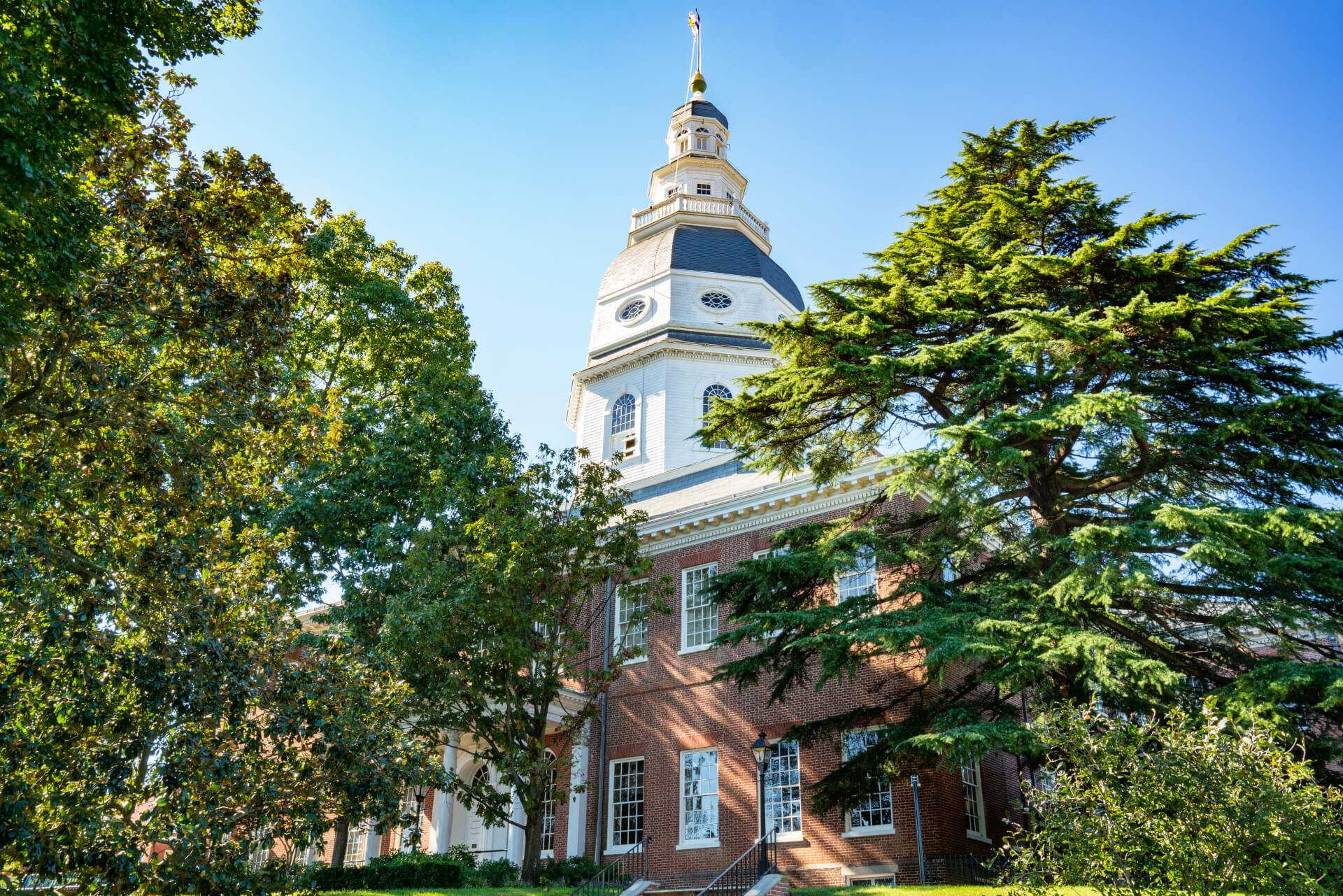
The Maryland Legislative Coalition, and its sister organization, the MLC Climate Justice Wing, strongly support the Senate version of the Climate Solutions Now Act (SB 414), which is an omnibus piece of legislation that aims to do just what its name implies – offer up a real solution to the climate crisis now.
The bill includes strong environmental justice provisions, as highlighted in a recent Maryland Matters commentary by Del. Benjamin Brooks and League of Conservation Voters Director Kim Coble. As citizen activists, we understand the urgency of solving the climate crisis. Our members are keenly aware of the disaster unfolding all around us as climate change causes catastrophic flooding, extreme heat that impacts our food system and the health of our most vulnerable residents, and eroding shorelines that threaten coastal communities and cost the state millions each year.
Despite the fact that in early March, the Senate passed the Climate Solutions Now Act with its strongest provisions intact, our community of activists is looking on with growing apprehension as information trickles out that House leadership has proposed substantial changes and deletions to some of the bill’s most important elements that make it a mere shell of a bill. Some have dubbed the proposed House version as “Climate Solutions Maybe Later.”
As passed by the Senate, Climate Solutions Now raises our greenhouse gas reduction targets to meet the United Nations’ International Panel on Climate Change (IPCC) guidance and gets Maryland to net zero emissions by 2045. It also plants 5 million trees over the next five years, requires most new state buildings to be net zero emissions, requires large existing buildings to be retrofitted to become more energy efficient, and electrifies the state fleet. The act creates a workgroup to establish guidelines for the transition of displaced fossil fuel workers, and empowers the Commission on Environmental Justice and Sustainability to determine what percent of state climate-related funding should go to overburdened communities.
In addition to the net zero goal by 2045, the Senate bill set an interim target of a 60% reduction in greenhouse gas emissions by 2030. Meeting that target is crucial to avoiding the worst effects of climate change. Having recognized that the current 40% goal is too modest, Maryland’s Department of the Environment is already working towards a 50% reduction in greenhouse gas emissions by 2030.
The House leadership has proposed an amendment that drops the ambitious 60% target to the 50% goal that the Administration is already working towards. Further, it has proposed deleting the requirement for net zero emissions by 2045 and substituting a provision that they will consider such a goal later. We need to push harder to achieve the reductions that are necessary to avert further devastation from climate change, not scale them back.
House leadership has also proposed amendments that cut out a large portion of the energy efficiency requirements for buildings. Buildings account for nearly 60% of energy consumption in Maryland. If Maryland is going to address the climate emergency and reduce its greenhouse gas emissions, it must improve building energy efficiency.
Instead, House leadership proposes eliminating all provisions relating to energy efficiency requirements for retrofits of existing buildings, eliminates the requirement that new buildings be net zero, and importantly deletes the provision that allow localities, such as Montgomery County that has a Climate Action Plan, to have stronger energy efficiency requirements than the state has.
Improving building energy efficiency produces cost savings in the long term, but beyond cost savings, there are important equity considerations to improving building efficiency. According to the American Council on an Energy Efficient Economy, household energy burdens fall more heavily on low-income families that are disproportionately black and brown. In Baltimore alone, the median energy burden of low-income households was four times higher than non-low-income households. The Senate version of Climate Solutions Now helps address this disparity. The proposed House amendments do not.
As passed by the Senate, Climate Solutions Now is a well-thought out and comprehensive plan. This is not the time to go small. Nor is it the time for special interests to derail a strong bill. The General Assembly cannot take credit for passing a strong, omnibus climate solution, when the final piece of legislation is a shell of what it was designed to achieve.
We all see the crisis that is upon us and Marylanders overwhelmingly support strong climate legislation. As constituents, we respectfully request the General Assembly to be bold. Pass the real Climate Solutions Now Act.
–CECILIA PLANTE AND DIANA YOUNTS
The writers are, respectively, co-chair of the Maryland Legislative Coalition and co-chair of the MLC Climate Justice Wing.





 Creative Commons Attribution
Creative Commons Attribution